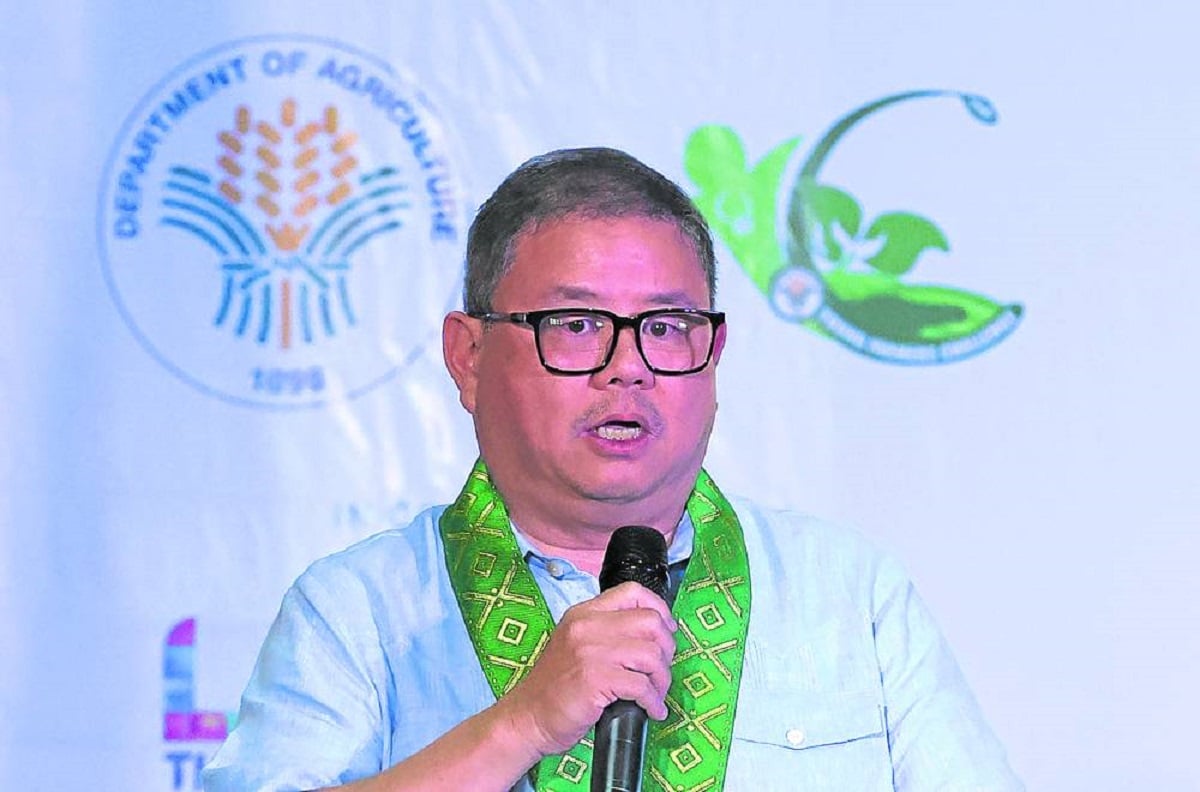
Agriculture Secretary Francisco Tiu Laurel Jr. —NIÑO JESUS ORBETA/INQUIRER FILE PHOTO
MANILA, Philippines — The Department of Agriculture (DA) on Thursday called on the Philippine Ports Authority (PPA) to fast-track the release of over 800 container vans filled with around 20 million kilograms of rice, which had been sitting in Manila ports for months.
“We respectfully urge the PPA to prioritize the movement of these rice stocks to help increase supply for this essential food staple and potentially lower retail prices,” Agriculture Secretary Francisco Tiu Laurel Jr. said in a statement.
PPA General Manager Jay Santiago, who led the media in inspecting some of the container vans, said that consignees might be deliberately delaying the release of imported rice until market prices went up.
The DA earlier informed the PPA about the potential issue of imported rice being hoarded in Manila ports.
READ: ‘Department of Importation na lang’: House hits DA for importing rice anew
Tiu Laurel said on Monday that port congestion and the delayed release of rice imports were keeping retail prices of the staple food high.
He added that around 20 ships were waiting to unload their cargo in Bataan province, while there were others docked at ports in Subic, Manila and Batangas.
Port congestion
“There’s port congestion, then there’s delays … Unloading is slow,” he said then. “The idea, when it arrives, [it] should be unloaded immediately. But we have, I think, boats now waiting for a week or two.”
A party list lawmaker echoed the DA’s call as he also called on the Bureau of Customs and the PPA to speed up the unloading process for rice shipments in ports to increase the supply of the staple grain and lower prices.
“We need to work quickly and efficiently as every delay in unloading rice cargoes not only adds to costs but also worsens the situation for consumers, especially with inflation,” Agri party list Rep. Wilbert Lee said.
Lee proposed increasing manpower and implementing round-the-clock shifts at the ports to address bottlenecks and ensure faster processing of shipments, saying, “We need all hands on deck. Increasing the workforce or having 24/7 operations will significantly reduce backlogs and lower the prices of rice.”